The Hormone Domino Effect: How Blood Sugar and Stress Hormones Impact Your Sex Hormones During Perimenopause
Jun 27, 2025
According to the Global Reproductive Health journal, which included European Union (EU) countries, 75% of menopausal women in the EU experienced three or more menopausal symptoms like fatigue, lack of sleep, mood swings, or unexpected weight gain.
Most people focus on estrogen, progesterone, and testosterone when they think about hormonal health. But the truth is, your body runs on a complex web of hundreds of hormones all working together. When even one group is out of balance, it creates a ripple effect that impacts the entire system.
Hormonal changes affect both men and women, but the experience is quite different. Men typically go through subtle, gradual shifts over many years, while women often face rapid and more intense hormonal fluctuations, especially in the lead-up to menopause. Yet despite how common and impactful these changes are, most doctors receive little to no formal training on menopause and hormone health. As a result, women are frequently misdiagnosed, dismissed, or offered solutions that don’t address the root cause. Symptoms are often brushed off as anxiety, depression, or simply ‘getting older,’ leaving many women without real support or meaningful progress. A 2022 survey by the British Menopause Society found that over 40% of women said their doctor didn’t feel confident discussing hormone therapy.
At Sanna Life, I help women and men like you move beyond just managing symptoms. Through my 6-Week Comprehensive Program, you'll gain a deep understanding of how your blood sugar, stress, digestion, and sex hormones are all interconnected. Together, we’ll uncover the root causes of your health challenges—so you can finally feel balanced, energised, and in control of your body again.
What Is the Hormone Domino Effect?

Your hormones are like an orchestra. Each one plays a different instrument: estrogen, progesterone, testosterone, insulin, cortisol etc. When they’re in harmony, your body plays a beautiful, balanced symphony. But if even one group is out of tune, say the violins or the brass, it throws off the entire piece. That’s why symptoms can show up in places you don’t expect.
Imbalanced blood sugar hormones impact and increase stress hormones (cortisol and adrenaline) response in your body, which in turn has a direct effect on your sex hormones ( progesterone and estrogen) which has a knock on effect on your digestive and immune system. It's a vicious cycle. This is the hormone domino effect.
Many women face multiple health challenges at once, often without realising they’re all connected. This is due to the hormone domino effect—when one hormone is out of balance, it can trigger a cascade of others. For example, women with blood sugar imbalances, such as diabetes, are 40% more likely to experience irregular periods and mood swings. What may seem like unrelated issues—poor sleep, anxiety, cycle disruptions, and stubborn belly fat—are often interlinked through the hormonal chain reaction happening beneath the surface.
The Role of Blood Sugar Hormones
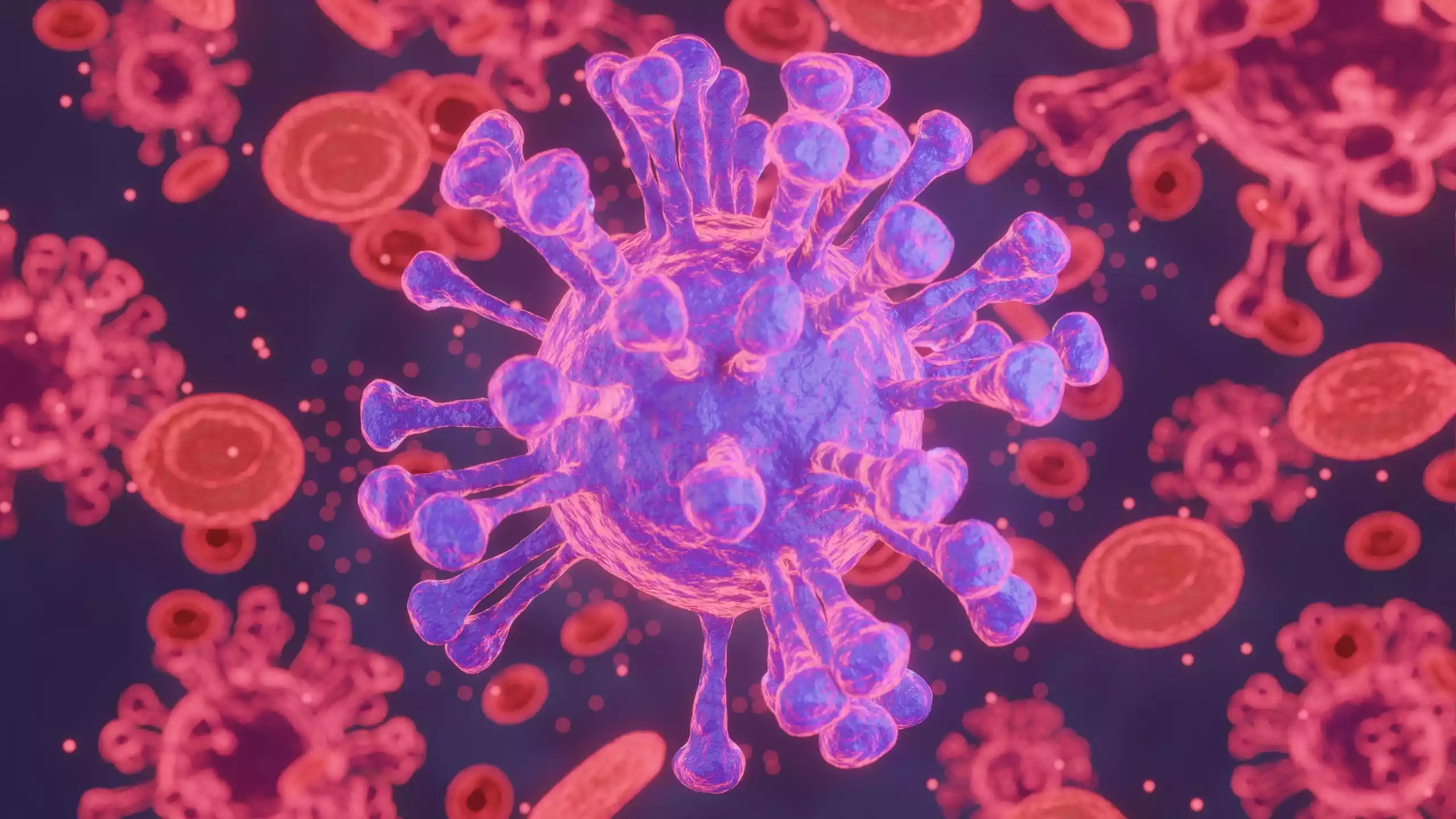
Various hormones work together in your body to regulate blood sugar levels. The three most important are insulin, glucagon and cortisol. Insulin lowers blood sugar by helping transport glucose from the bloodstream into cells for energy. Glucagon does the opposite; it raises blood sugar by signaling the liver to release stored glucose. Cortisol, your main stress hormone, also raises blood sugar, especially during stress, so your body has enough energy to fight or flee like running away from danger.
Estrogen plays a protective role in insulin sensitivity. As estrogen declines (especially during perimenopause and menopause), women naturally become more insulin resistant.
Progesterone imbalances can also disrupt blood sugar regulation, contributing to cravings and poor metabolic control.
How Blood Sugar Problems Start

It often starts with eating too many processed or sugary foods. These cause a spike in your blood sugar. In response, your body releases insulin, the hormone that helps move sugar from your blood into your cells for energy. But when this happens as it often does with the Western diet & food culture, your cells stop responding properly. This is called insulin resistance. Now, instead of using the sugar efficiently, your body starts storing both the insulin and the glucose/sugar from your food that gets stored as fat, especially around the belly. The result? Blood sugar imbalances, stubborn weight gain, and fatigue.
Insulin resistance becomes increasingly common in women over 40, especially during perimenopause. This is largely due to declining estrogen levels, which play a key role in maintaining insulin sensitivity. Research shows that up to 50% of women in midlife may experience some degree of insulin resistance, increasing the risk of weight gain, fatigue, and blood sugar imbalances. This helps explain so many women suddenly gain weight in their 40s and 50s, even if their diet and lifestyle haven’t changed.
Perimenopause Makes Everything Worse
Perimenopause is associated with lowering blood sugar problems, such as a decrease in insulin sensitivity in the body. According to the Women's Health Initiative, a woman's waistline tends to have the majority of the five to eight kilos she gains during perimenopause.
In fact, research shows women gain 2.2 - 3.6 kilos /5–8 pounds during perimenopause and most of it is abdominal fat caused by blood sugar instability. (Source: Obesityaction)
How Blood Sugar Affects the Digestive System- Step by Step
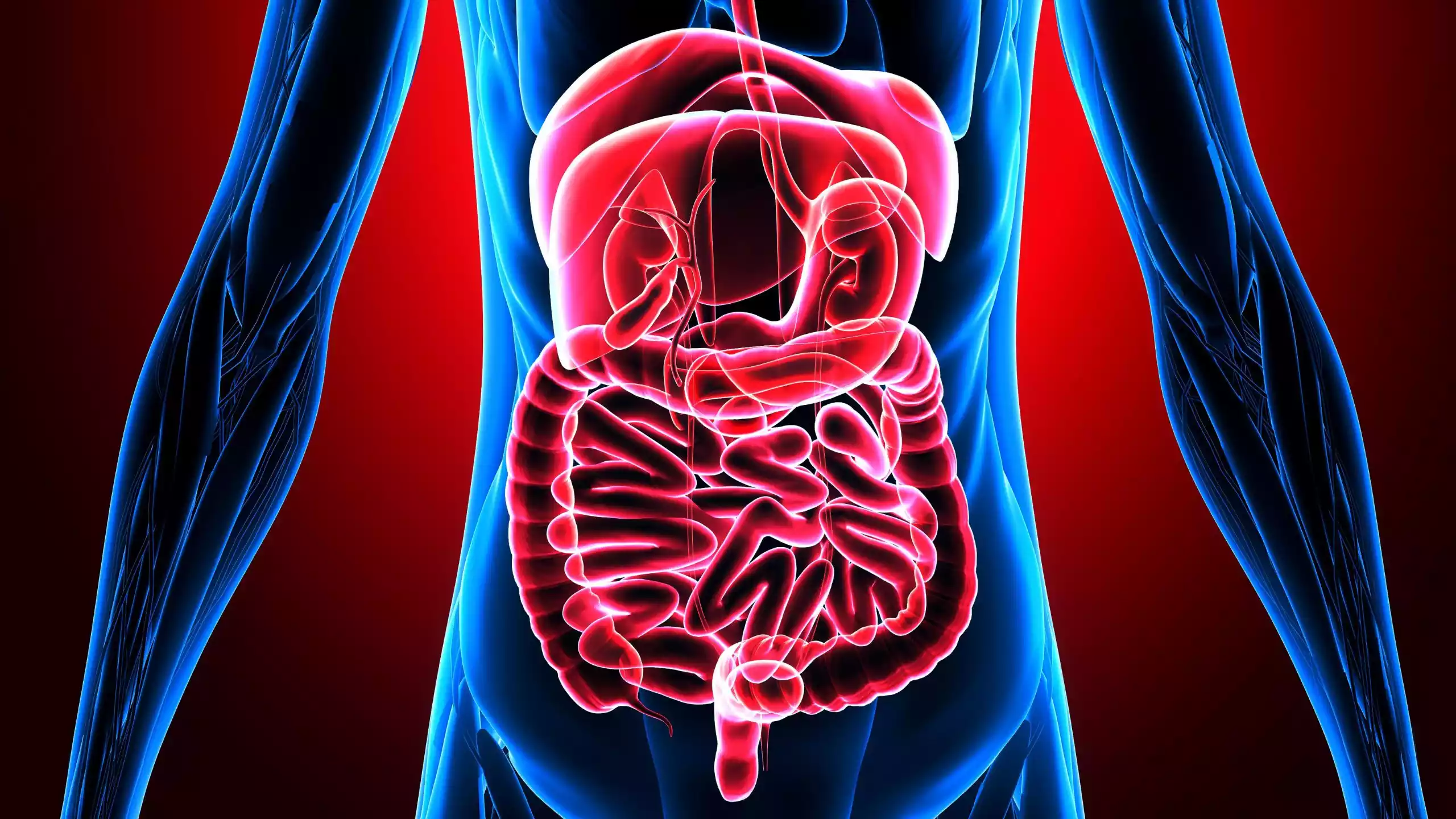
Most people know that blood sugar affects energy and mood, but very few realize how deeply it’s tied to your gut and hormones, it’s all connected. Here's how it actually works:
1. Blood Sugar Swings = Internal Stress
When your blood sugar goes too high (after sugary meals) or crashes suddenly (because of insulin issues), your body sees it as a stressor. And what does the body do under stress? It hits the alarm.
2. Your Stress Hormone (Cortisol) Kicks In
To deal with the stress, your body starts producing more cortisol, your main stress hormone. It’s helpful short term, but if this happens again and again, it starts to throw other systems off balance.
3. Cortisol Steals From Your Sex Hormones
Here’s where things get interesting. Cortisol is made from the same “starter hormone” (pregnenolone) as your sex hormones like estrogen and progesterone. So if your body is busy making cortisol all the time, there’s less raw material left to make those calming, balancing sex hormones. This is sometimes called the pregnenolone steal.
4. Hormone Imbalance Messes With Your Gut
When estrogen or progesterone go off balance, your digestion also takes a hit. These hormones help:
- Keep your gut lining healthy
- Maintain good gut movement (so you're not bloated or constipated)
- Support the balance of good bacteria
Low progesterone, for example, can slow down digestion and increase bloating.
5. Cortisol Itself Affects Digestion Too
Not just the hormones, cortisol alone can reduce your stomach acid, lower your digestive enzyme production, and even impact your gut bacteria. All of this can lead to a condition called dysbiosis, where bad bacteria take over and cause inflammation or digestive discomfort.
How Gut Health Impacts Hormones
Hormone production is directly impacted by the state of one's digestive tract. The beneficial bacteria in your gut help break down and eliminate old hormones. However, this process also involves the liver, which plays a key role in metabolizing hormones like estrogen. When the digestive or liver function is compromised, estrogen and other hormones might be reabsorbed rather than eliminated potentially leading to a 30% rise in estrogen levels.
The Impact on the Stress Hormone System (Cortisol)

Problems with digestion and blood sugar may put extra strain on the body. The main stress hormone, cortisol, is secreted into the bloodstream while you are under stress.
The Stress Cycle Gets Worse
Stress that lasts long and causes high cortisol levels worsens the situation. Cortisol raises blood sugar levels because it causes the liver to produce more glucose. According to the research, women whose stress levels are consistently high, have cortisol levels that are 23% higher than normal.
Perimenopause and Stress Recovery
In the perimenopausal years, this cycle is at its worst. Research shows that it takes twice as long for perimenopausal women as younger women to recover from stressful situations. This suggests that the impact of everyday stress on their hormones is more prominent.
1. Less Progesterone, Less Calm
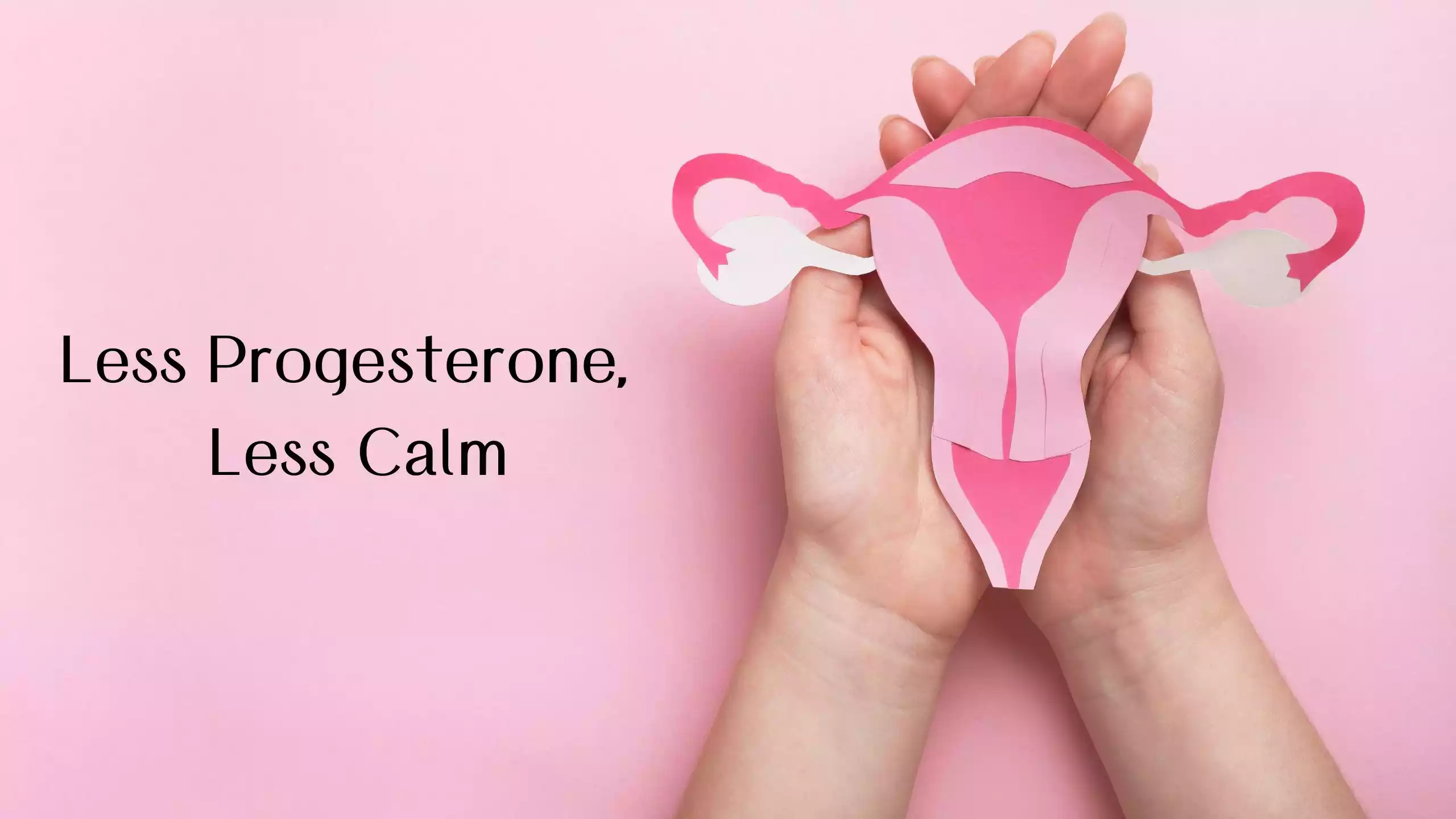
As women enter perimenopause, their body naturally starts making less progesterone and its levels steadily decline, A hormone essential for fertility that also supports mental clarity, emotional resilience, and a calm nervous system.
Progesterone boosts the production of GABA (Gamma Aminobutyric Acid), a brain chemical that acts like a calming signal. It reduces anxiety, helps you sleep, and brings emotional balance.
When progesterone drops, GABA also drops, making you feel more anxious, reactive, and emotionally sensitive to stress.
2. Low GABA = Low Stress Resilience
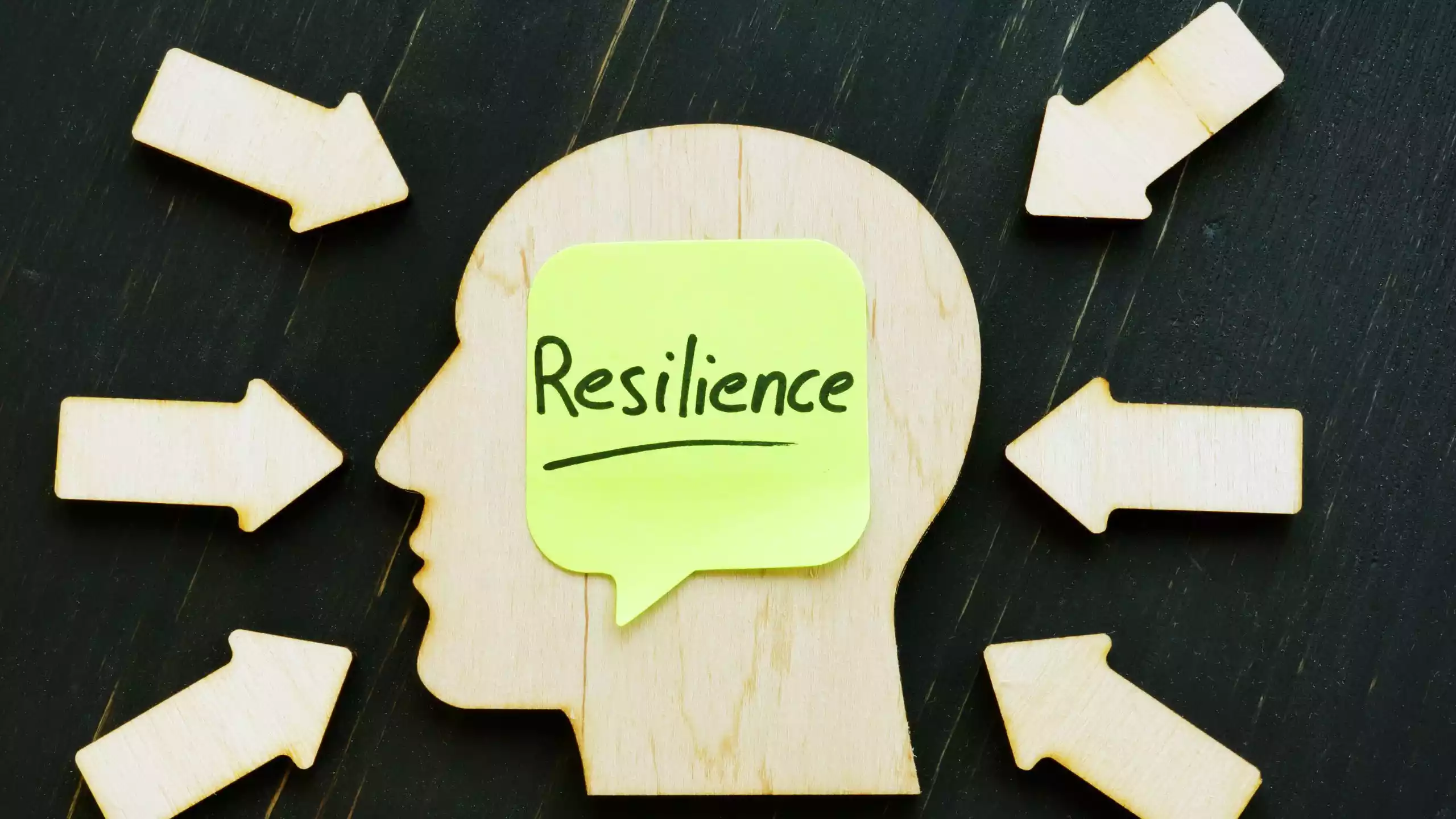
GABA is your brain’s natural “brake.” It slows things down and helps you feel safe and relaxed.
When GABA is low, the brain doesn’t handle stress well. You may feel:
- More overwhelmed
- More irritable
- Tired but wired
- Less emotionally stable
3. It Becomes a Vicious Cycle
When progesterone drops, levels of GABA, your brain’s calming neurotransmitter, also fall. This makes you feel more anxious, wired, and less able to cope with everyday stress. It also affects your sleep. Without enough GABA, your brain struggles to wind down at night, leading to difficulty falling asleep, light or broken sleep, and that familiar tired-but-wired feeling the next day.
In response to rising stress, your body produces more cortisol, your main stress hormone. But here’s the catch: cortisol and progesterone share the same raw materials. Under stress, your body prioritizes cortisol production to keep you in survival mode, reducing the building blocks available for progesterone.
Over time, cortisol doesn’t just compete with progesterone, it actively suppresses its production. This leads to even lower GABA levels, further disrupting your ability to handle stress and sleep well.
The result is a vicious cycle where low progesterone makes stress and sleep worse, and chronic stress keeps driving progesterone even lower.
How It Affects Sex Hormones

Hormones are made of similar basic materials in the body, such as cholesterol and pregnenolone. When the body experiences stress, the body starts producing more cortisol to deal with it. To make this cortisol, it uses pregnenolone which is also needed to produce sex hormones like estrogen, progesterone and testosterone, the more pregnenolone that goes into producing cortisol, the less is available for sex hormones, resulting in an imbalance. If, at the same time, insulin levels are already high, especially for women, it can also lead to excess testosterone production, disrupting the hormone balance further still.
Cause:
- Chronic Stress
When you are stressed, your body produces more cortisol using pregnenolone which limits sex hormone production from testosterone or estrogen.
- Insulin Resistance
Elevated insulin levels can raise testosterone levels in women and contribute to an imbalance in the levels of other hormones.
- Gut Microbiome Imbalance
Unhealthy bacteria in the gut can affect how hormones like estrogen are processed and eliminated.
- Chronic Inflammation
Chronic inflammation in the body can elevate cortisol and suppress the production of sex hormones.
How It Impacts the Person
In Women:
- Mood swings, depression, or anxiety
- Irregular or painful periods
- Weight gain (especially around belly)
- Low energy and poor sleep
- Low libido and infertility
- Acne, facial hair (if testosterone increases)
Men may experience:
- Loss of motivation
- Low sex drive
- Fatigue and muscle weakness
- Difficulty concentrating ("brain fog")
How Stress Steals Your Hormones

When you are stressed, your body produces more cortisol, which is the main stress hormone. To make this extra cortisol, your body utilizes a hormone called pregnenolone, that is also used to produce other hormones like progesterone, estrogen, and testosterone. Because pregnenolone is used to create cortisol, there is less available to make these other hormones and can lead to hormonal imbalance producing symptoms of fatigue, mood changes, reduced libido, and other health problems.
Cortisol Pregnenolone Steal occurs when the body makes more cortisol under stress. It uses pregnenolone which is required to make other important hormones like progesterone, estrogen and testosterone. The more pregnenolone that goes toward cortisol, less is available to make the other hormones, causing a hormone imbalance.
Why Some Women Struggle More
Perimenopause is a challenging time as your ovaries make less estrogen and progesterone than usual. Those who manage their stress and blood sugar levels well throughout perimenopause report 65% fewer hot flashes and sleep problems compared to those who do not.
How My 6 Week Reset Program Can Help You Restore Hormone Balance
At Sanna Life, I look at your hormone system as a whole instead of just treating symptoms. My goal is to find the real reason behind your hormone problems. I check how your body hormones, gut health, blood sugar, and stress levels all work together.
Personalized Testing and Review
I offer a free 30-minute free call to discuss your current health concerns and goals. If you feel aligned with my approach and would like to move forward, we can then explore personalized testing and a tailored nutrition and lifestyle plan.
A Comprehensive Treatment Approach
Your 6-week transformation starts by addressing the root causes of hormonal imbalance through a cohesive, personalized plan. Instead of chasing symptoms, we focus on stopping the domino effect, where one hormone out of balance triggers the next to fall. By stabilizing your blood sugar with targeted foods, reducing cortisol through smart stress management, and healing the gut to support proper hormone clearance, we reset your system from the inside out. Every step is tailored to your body, your lifestyle, and your goals, helping you feel more balanced, energized, and in control again.
Real Results and Help
My Reset program gives you weekly feedback on your food diary, meal and snack ideas, supplement suggestions, and two follow-up meetings to check your progress. My clients experience major improvements in energy, mood, and hormonal symptoms.
How to Address the Root Causes
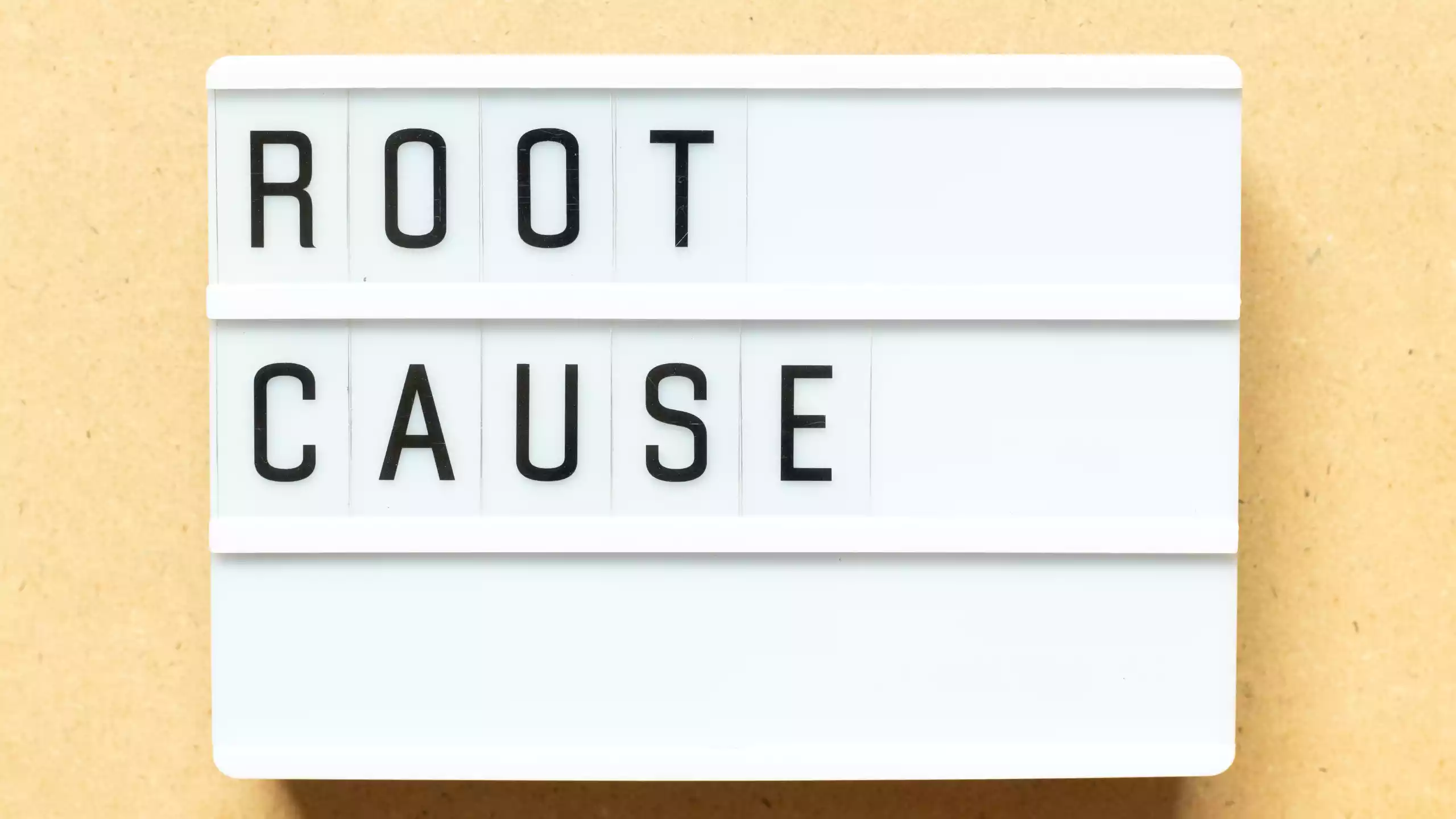
Maintaining steady blood sugar levels is a good first step in regulating your hormones. We will focus on balancing blood sugar levels as part of our work together, as this plays a key role in supporting hormone regulation.
Stress Management That Works
Hormone health is directly related to stress management. According to the research, ten minutes of meditation every day may lower cortisol levels by a quarter in as little as four weeks.
Healing Your Gut
Maintaining a healthy gut may promote proper hormone breakdown and elimination. Research suggests that a diet rich in fermented foods may improve the balance of gut flora by 40% in as little as two weeks.
Movement for Hormone Balance
Regular exercise, especially weight training, may increase insulin sensitivity. Researchers found that insulin sensitivity was 45% higher in perimenopausal women who walked for 30 minutes daily than in non-walkers.
Stay connected with news and updates!
Join our mailing list to receive the latest news and updates from our team.
We hate SPAM. We will never sell your information, for any reason.




